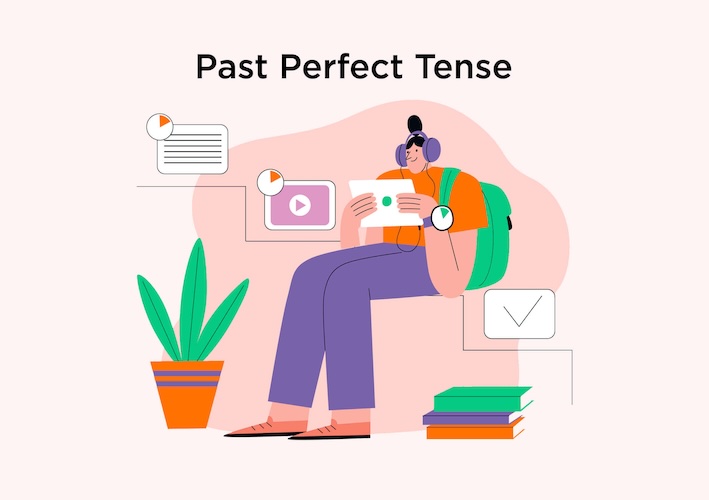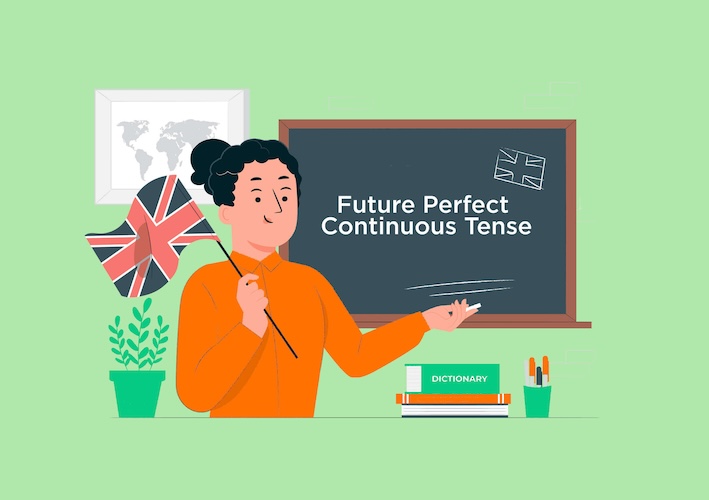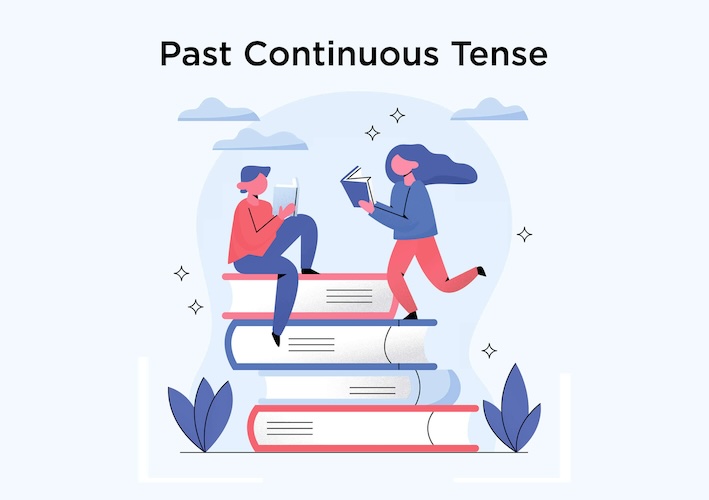Advanced
Perfect for learners who want to master complex grammar structures, idiomatic expressions, and nuanced language use. This course covers sophisticated grammatical patterns, conditional forms, and advanced tense combinations for achieving near-native proficiency.

Topics in this course

Irregular Verbs Part III
AdvancedHere’s a list of some commonly used irregular verbs suitable for intermediate and advanced learners. These verbs can appear in everyday and business conversation and writing.

Present Perfect Progressive (Continuous)
IntermediateWe use the present perfect progressive, in general, to talk about situations which started in the past and are still going on, or which have just stopped and have present results.

Past Perfect
AdvancedThe past perfect tense is used to describe an action that was completed before another action or specific time in the past. It’s commonly used to show the sequence of events and clarify which action happened first.

Future Perfect
AdvancedThe future perfect tense is used to describe actions that will be completed before a specific time or event in the future. It emphasizes the completion of the action rather than the action itself.

Future Perfect Progressive (Continuous)
AdvancedWe use the future perfect progressive form when we are looking back to the past from a point in the future and we want to emphasise the length or duration of an activity or event.

Past Perfect Progressive (Continuous)
Advancedthe past perfect continuous indicates something that began in the past, continued in the past, and also ended at a defined point in the past and can as well be used to emphasize the duration of the action before another past action.

Past Progressive (Continuous)
IntermediateThe past progressive tense, also known as the past continuous tense, describes actions or events that were ongoing at a specific time in the past.

Present Perfect vs Past Simple
IntermediateThe past simple is used for actions completed at a specific time in the past, while the present perfect connects past actions to the present. Learn how to master these tenses to improve your English fluency and express yourself more clearly!

Zero conditional
IntermediateZero conditional is used to describe scientific facts and direct correlations, dive into the world of certainty!

Second conditional
IntermediateThe second conditional expresses hypothetical, unreal, or unlikely situations in the present or future and their imaginary consequences.

Third conditional
AdvancedThe third conditional expresses hypothetical situations in the past and their imaginary consequences.

Passive Voice
IntermediatePassive Voice is used when we want to focus on the action or the object, not on who is doing it.

Clauses
IntermediateClauses are the building blocks of sentences. Mastering them improves clarity, correctness, and versatility in both writing and speaking. Clauses help structure sentences logically, making your writing and speech more coherent. Knowing how to use clauses prevents sentence fragments or run-ons.

